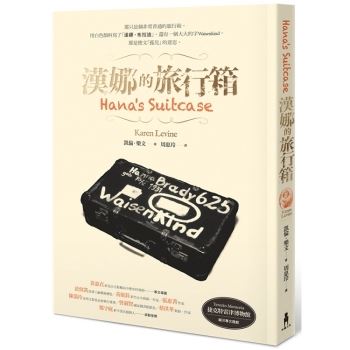How might writing instructors dedicated to community-writing or service-learning courses take into account and even mobilize the lived experiences of all their students?
Veteran community-writing instructor Glenn Hutchinson charts the history of his understanding that the conventional goal of such courses, to engage students in their communities and help them become more active citizens, doesn’t acknowledge the reality of the many college students who are prohibited from becoming US citizens, despite long years of residence in this country.
Writing Accomplices with Student Immigrant Rights Organizers argues for a pedagogical shift toward centering the public-writing classroom on students’ work as organizers and rhetoricians. Instead of focusing only on community partnerships, the writing classroom can foreground the work of student organizers and how they can better inform the field’s teaching practices. Each chapter focuses on students’ rhetorical skills through petitions, op-eds, and campaigns to stop deportations.
Hutchinson emphasizes teachers’ responsibility to act in solidarity with immigrant students, pointing to a new role for the writing teacher in changing anti-immigrant and white supremacist laws and policies.
About the CCCC Studies in Writing & Rhetoric (SWR) Series
In this series, the methods of studies vary from the critical to historical to linguistic to ethnographic, and their authors draw on work in various fields that inform composition--including rhetoric, communication, education, discourse analysis, psychology, cultural studies, and literature. Their focuses are similarly diverse--ranging from individual writers and teachers, to classrooms and communities and curricula, to analyses of the social, political, and material contexts of writing and its teaching.











